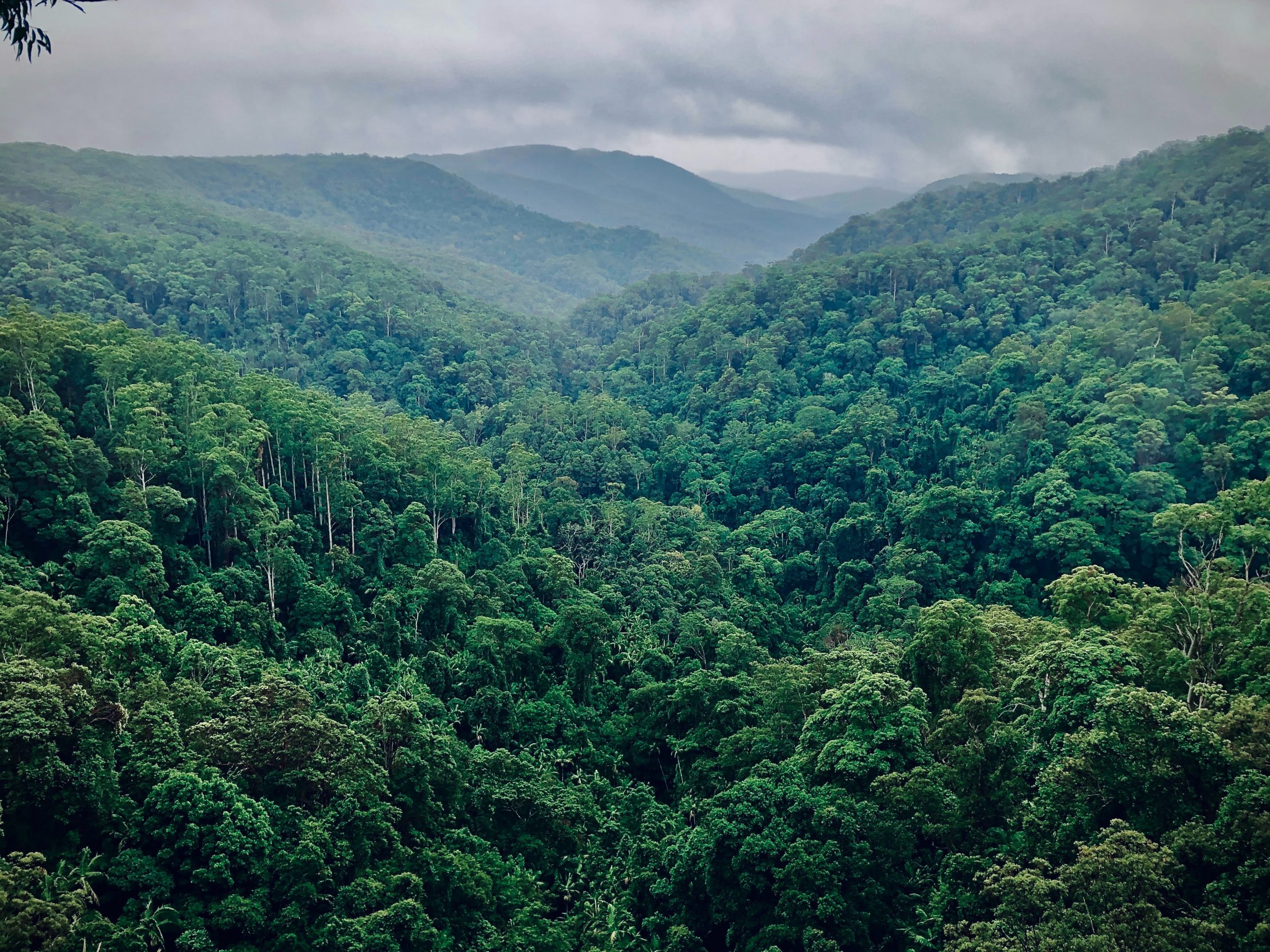It is election season once again in the United States, with election day coming up fast on Tuesday, November 8th. 2022 is a midterm election year, so while there will be no presidential voting, there are important seats in Congress and other state and local governmental bodies up for election. This may not sound as important as voting for a president, but since these other officials do not have term limits, they can have a large impact on policy over a longer period of time.
Over the past two decades, midterm voter turnout has hovered around 40%, with presidential election years having turnouts around 60%. Both of these turnout rates are relatively low compared to other countries. If you are on the fence about voting this year, do it! Your one vote may not feel like it has much of an impact, but combined with hundreds, to thousands, to hundred thousands of other people who feel the same way, you can make a difference. If everyone didn’t vote and assumed others would still do it, what would our political landscape look like?
How to be prepared for an election
Vote.org is an incredibly useful resource to check before election day. All you need to do is enter your address and you can find your election day and voting location along with your options for early voting locations. You can also view who will be on your ballot, making it easy to know who to research. Many candidates have their own websites that discuss their positions on various issues. If they are running as an incumbent, there may be an official government website dedicated to them with press releases, sponsored legislation, and their voting history, such as this one for New York State Senator Samra Brouk.
The environment and elections
Environmental issues and climate change specifically are often a central issue in elections. One of President Biden’s main campaign points was that he would push for stronger environmental laws to help combat climate change. This proved to be incredibly difficult once elected due to the extremely thin margins in the Senate and the antagonistic efforts of Democratic senators Joe Manchin and Kyrsten Sinema. Half of the senators are up for reelection this year, and if President Biden and Congress want to pass any more powerful environmental legislation, they will need to hold on to their current seats at the bare minimum or better yet add more pro-environment Congresspeople.
This past weekend, Brazilians elected a new president, Luiz Inácio Lula da Silva, which has given environmentalists hope for the future of climate action and specifically the fate of the Amazon rainforest. da Silva was previously president from 2003 to 2010 and has vowed to make important changes to protect the Amazon from deforestation, partially through cracking down on illegal gold miners, loggers, and ranchers who have invaded indigenous land. In his victory speech, da Silva declared “Brazil is ready to retake its leadership in the fight against the climate crisis.” Between 2004 and 2012, deforestation fell by approximately 70%. However, under the previous president Bolsonaro, deforestation rates in the Amazon reached a 15-year high.
These efforts to preserve the Amazon are essential for meeting the under 1.5 degrees Celsius warming goal of the Paris Agreement, as it is an incredibly important carbon sink and deforestation has released that carbon dioxide back into the atmosphere.
If you’re passionate about protecting the environment, one of the easiest things you can do is vote for politicians that promise to further climate policy. It may not always work out, but it’s important to try. For more personal ideas for how to help the environment, check out our Sustainability Tip of the Week section on The Green Dandelion!
Written by Sarah Woodams ‘24(T5)
Photo by Waren Brasse on Unsplash

